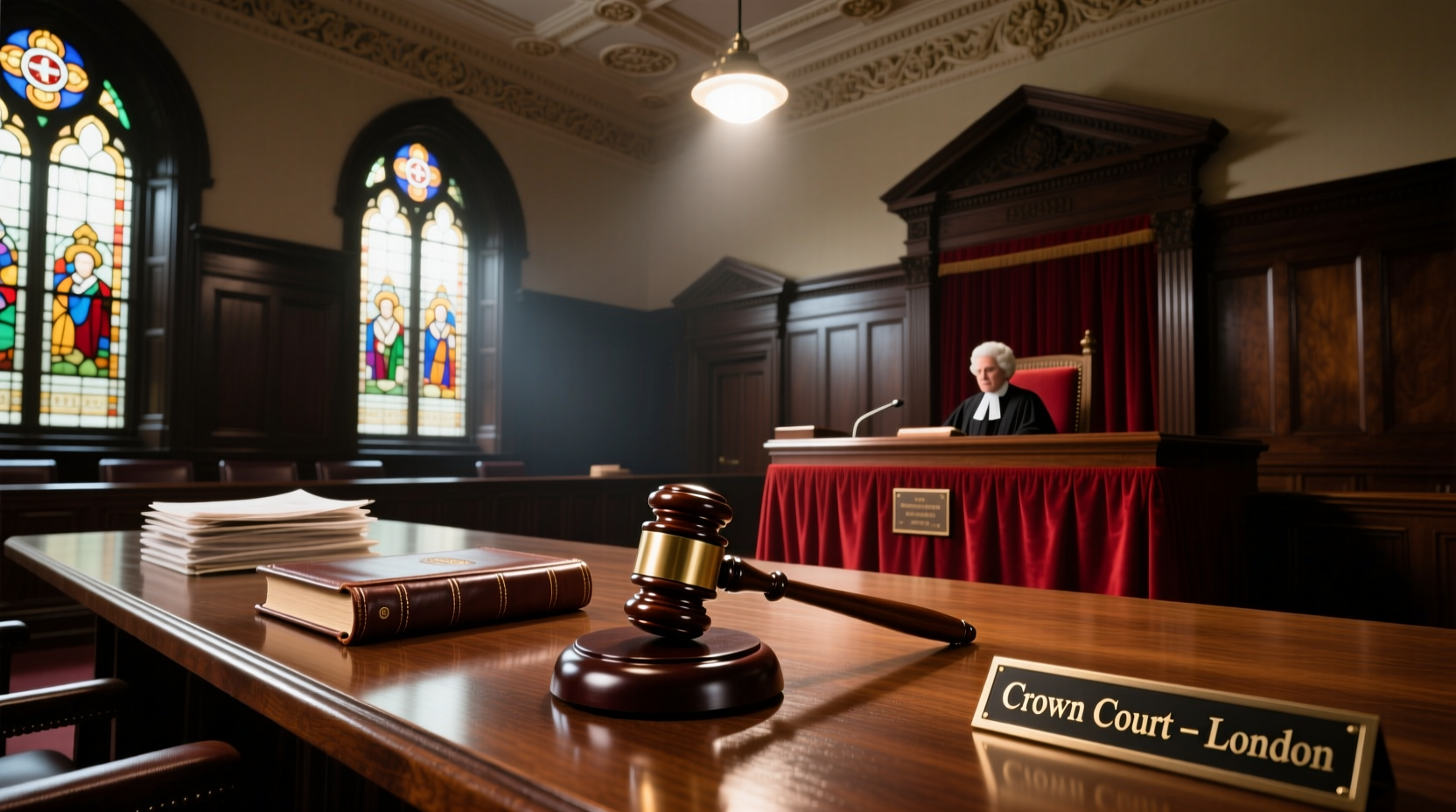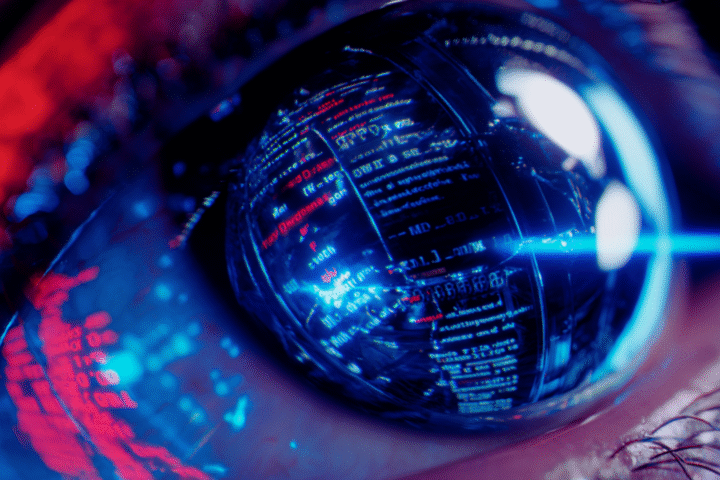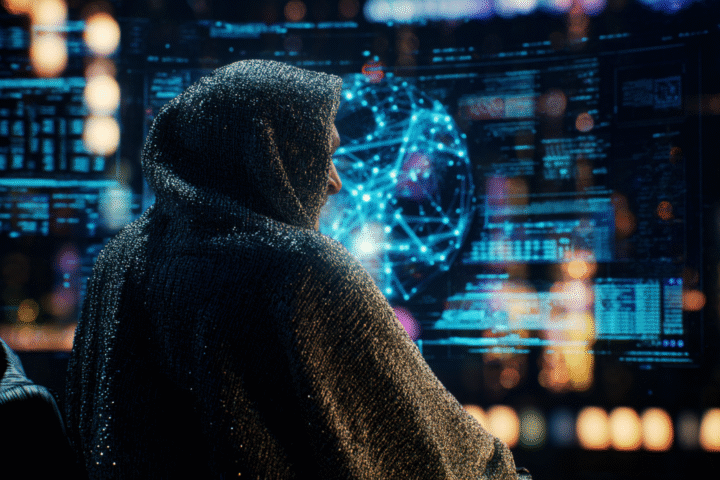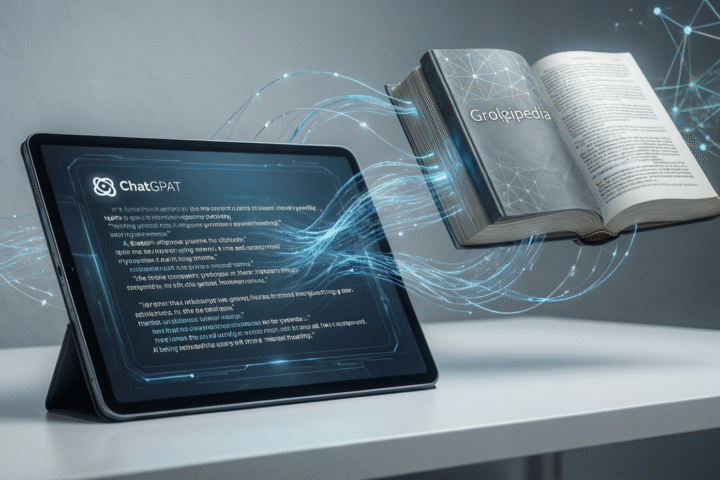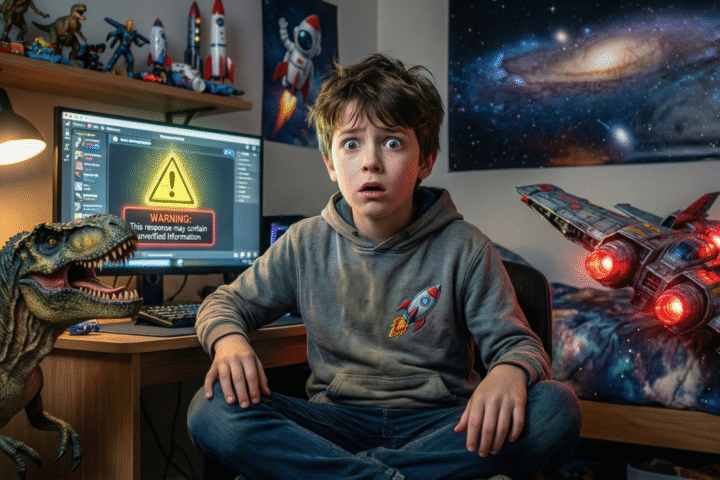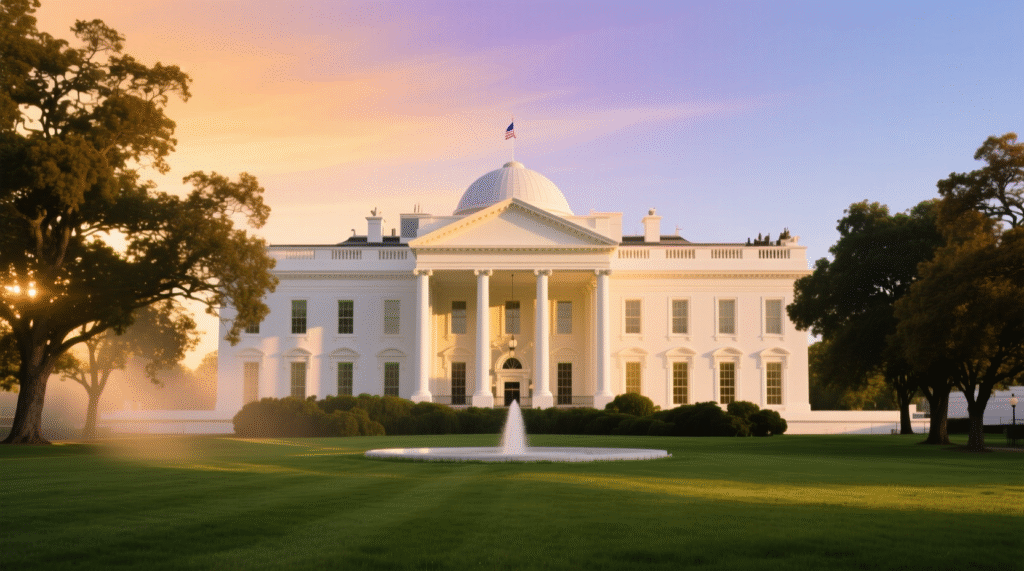The United Kingdom’s High Court of Justice has delivered a mixed verdict in the Getty Images vs. Stability AI intellectual property dispute, offering limited wins for both the AI firm and the stock photography giant, while leaving significant questions about AI and copyright unresolved.
Key Points
- The United Kingdom’s High Court of Justice has delivered a mixed verdict in the Getty Images vs
- Stability AI intellectual property dispute, offering limited wins for both the AI firm and the stock photography giant, while leaving significant questions about AI and copyright unresolved
- Key points:
Key points:
- The UK High Court delivered a mixed ruling in Getty Images vs. Stability AI, finding limited trademark infringement by Stability AI’s Stable Diffusion model but leaving broader copyright questions unresolved.
- Justice Joanna Smith dismissed secondary infringement claims, noting Stable Diffusion does not store or reproduce Getty’s images, preventing a wide-reaching legal precedent under UK law.
- The case spotlights ongoing global copyright disputes involving AI, including CODA’s demand that OpenAI stop using copyrighted animation works without authorization for AI training.
In her ruling, Justice Joanna Smith found that Stability AI’s Stable Diffusion model had infringed Getty Images’ trademark in select instances by reproducing its watermark. However, she noted that the violations were “extremely limited in scope” and that Getty had not demonstrated any use of Stable Diffusion by UK users, a necessary requirement under UK law to establish “primary infringement.”
Justice Smith also rejected the claim of “secondary infringement,” ruling that Stable Diffusion does not store or reproduce Getty’s images, and therefore does not meet the criteria for violation under the UK’s Copyright, Designs and Patents Act (CDPA) of 1988. “Although an ‘article’ may be an intangible object for the purposes of the CDPA, an AI model such as Stable Diffusion, which does not store or reproduce any Copyright Works, and has never done so, is not an ‘infringing copy’ such that there is no infringement under sections 22 and 23 CDPA,” Justice Smith wrote.
Related: No Humans Allowed: Moltbook is a New Social Platform Exclusive for AI Bots
The ruling allows brands some protection over their trademarks against AI reproduction, but legal technicalities prevent it from setting a wide-reaching precedent, leaving critical questions about AI training and intellectual property unresolved.
The Getty Images vs. Stability AI case is one of several ongoing legal battles addressing copyright infringement in the emerging AI industry. On October 28, Japan’s Content Overseas Distribution Association (CODA), which represents leading animation studios such as Studio Ghibli and Nippon Animation, officially demanded that OpenAI stop using its members’ copyrighted works to train AI models without permission.
Related: First AI Rivalry, Now Altman Targets Elon’s X
CODA raised concerns over OpenAI’s video-generation app, Sora 2. CODA noted that the app can reproduce or closely mimic copyrighted works, potentially violating Japan’s copyright laws, which require prior authorization for use of protected content.
Reports suggest Sora 2 operates on an opt-out system for copyright holders, but CODA emphasizes that post-use objections offer no legal protection under Japanese law. The association has formally requested OpenAI to stop using its members’ content for AI training without permission and to address all copyright infringement concerns thoroughly and transparently.

